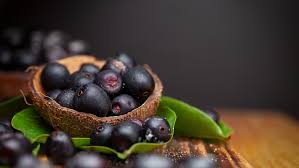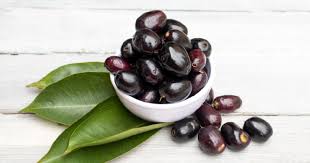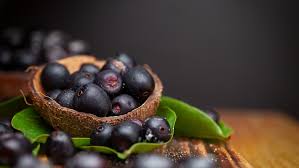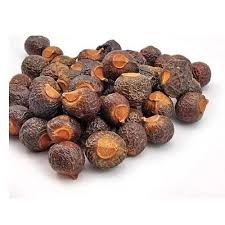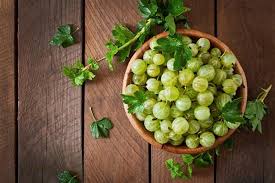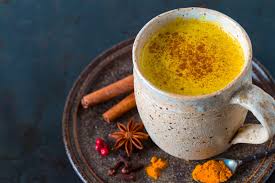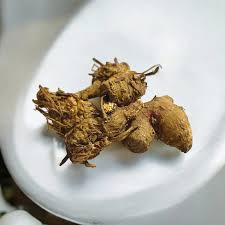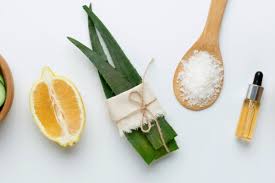
Best Jadi Buti for Treating Skin Infections & Rashes
Skin infections and rashes are common issues affecting people of all ages. From mild redness to severe itching and irritation, these skin problems can make daily life uncomfortable. While chemical-based creams and steroids may offer temporary relief, they often come with side effects. Thankfully, Ayurveda offers a natural path to healing using Jadi Buti — traditional herbs with powerful antibacterial, antifungal, and anti-inflammatory properties. At Dirghaanshi, we delve into the most effective Ayurvedic herbs for treating skin infections and rashes naturally, giving your skin the care it truly deserves.
Long Description
🌿 Understanding Skin Infections & Rashes in Ayurveda
According to Ayurveda, most skin issues arise due to imbalances in the Pitta dosha or the accumulation of Ama (toxins) in the body. These imbalances manifest as inflammation, burning sensation, itchiness, boils, eczema, or even fungal infections. The best way to treat such conditions is by using cooling, detoxifying, and healing Jadi Buti that work on both the surface and deeper tissues of the skin.
Top Jadi Buti for Skin Infections and Rash Treatment
✅ 1. Neem (Azadirachta indica)
Benefits: Antibacterial, antifungal, and antiviral properties.
Use: Neem leaves or oil can be applied directly to affected areas or used in a paste form.
Why It Works: Purifies blood, reduces inflammation, and accelerates healing of wounds, boils, and eczema.
✅ 2. Manjistha (Rubia cordifolia)
Benefits: Excellent blood purifier and skin detoxifier.
Use: Can be taken internally as a powder or applied as a paste.
Why It Works: Treats chronic skin conditions, reduces redness and promotes natural glow.
✅ 3. Turmeric (Haldi)
Benefits: Antiseptic, anti-inflammatory, and antioxidant-rich.
Use: A paste of turmeric and water can be applied directly to rashes or used internally with milk.
Why It Works: Soothes skin irritation, kills germs, and prevents infection spread.
✅ 4. Aloe Vera (Ghrit Kumari)
Benefits: Cooling and hydrating agent.
Use: Direct application of aloe vera gel on rashes and infected skin areas.
Why It Works: Relieves itching, hydrates dry skin, and accelerates tissue regeneration.
✅ 5. Bakuchi / Babchi (Psoralea corylifolia)
Benefits: Antibacterial, skin rejuvenating, and antifungal.
Use: Babchi oil diluted with coconut oil is effective against fungal infections and eczema.
Why It Works: Strengthens skin tissues, fights infection, and helps reduce pigmentation from rashes.
✅ 6. Tulsi (Holy Basil)
Benefits: Natural immunity booster and skin healer.
Use: Juice of fresh Tulsi leaves or Tulsi oil on affected skin.
Why It Works: Combats bacterial and fungal infections effectively while soothing irritation.
✅ 7. Khadir (Acacia catechu)
Benefits: Excellent for treating acne, skin boils, and pus-filled wounds.
Use: Powder or decoction can be used externally or internally.
Why It Works: Cleanses skin, reduces swelling, and speeds up wound healing.
✅ 8. Guduchi (Giloy)
Benefits: Immunomodulator and skin purifier.
Use: Giloy juice or powder taken internally can clear deep-rooted skin infections.
Why It Works: Improves skin immunity and clears toxins from the blood.
✅ 9. Daruharidra (Berberis aristata)
Benefits: Antimicrobial and anti-inflammatory.
Use: Used as paste or decoction for skin boils and inflammation.
Why It Works: Acts like a natural antibiotic for skin infections.
✅ 10. Chirayata (Swertia chirata)
Benefits: Bitter tonic with detoxifying properties.
Use: Powder mixed with water or honey can be consumed or used in paste form.
Why It Works: Cleanses blood and helps reduce chronic skin allergies and rashes.
✅ How to Use Jadi Buti for Skin Health
Face & Body Packs: Combine Neem, Haldi, and Aloe Vera for a cooling pack.
Herbal Oils: Prepare medicated oils with Babchi, Tulsi, and Coconut Oil for topical use.
Internal Detox: Use herbs like Guduchi, Manjistha, and Chirayata for internal cleansing.
Herbal Baths: Add neem leaves and turmeric to your bathwater to treat full-body rashes.
✅ Home Remedy Example
Neem-Turmeric Paste for Infected Skin
1 tsp Neem powder
½ tsp Turmeric
Mix with rose water and apply to the infected area twice a day.
✅ Benefits of Using Jadi Buti Over Chemical Treatments
No harsh side effects
Heals from the root cause
Balances skin from within
Supports long-term skin immunity
Eco-friendly and sustainable
✅ Skin-Caring Tips from Ayurveda
Avoid spicy, oily, or deep-fried food when dealing with infections.
Drink plenty of water infused with Tulsi or Manjistha.
Use cotton fabrics to allow the skin to breathe.
Get sunlight for 15–20 minutes daily for natural Vitamin D.
Stay away from chemical soaps and switch to herbal cleansers.
✅ Why Choose Dirghaanshi?
At Dirghaanshi, we are committed to reviving ancient Ayurvedic wisdom through well-researched and practical herbal remedies. Our guides and blogs help you adopt Jadi Buti into your life for natural healing without chemicals. Trust us to guide your skin health journey through holistic methods that are safe, gentle, and powerful.
✅ Conclusion
Nature has gifted us with powerful herbs that have been trusted for centuries to treat a variety of skin conditions. Whether it’s a minor rash or a stubborn infection, these Ayurvedic Jadi Buti not only offer relief but also help restore your skin’s natural balance and glow. Add these herbs to your skincare routine and experience healing — the natural way.



